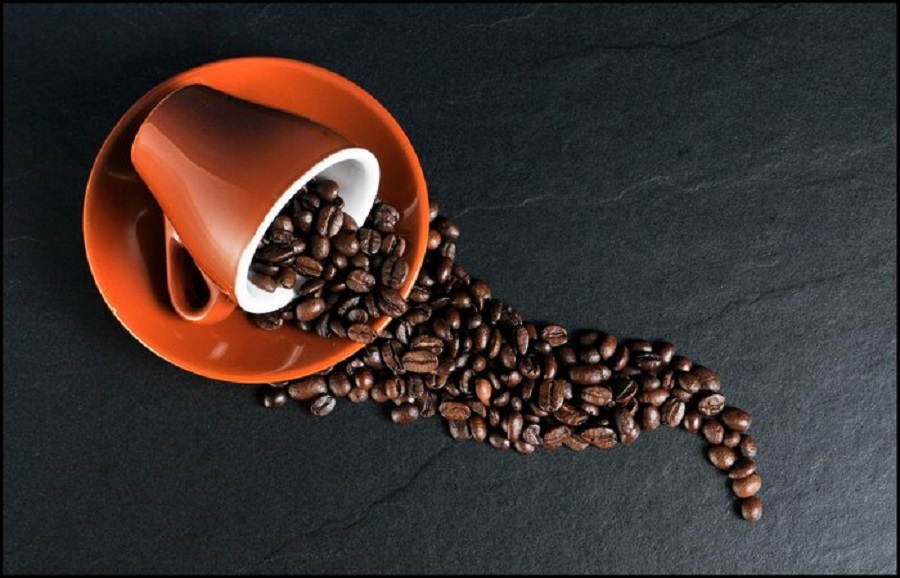RIO DE JANEIRO, BRAZIL – The gloomy forecast is from James T. McLaughlin Jr, president of Intelligentsia Coffee, an American company focused on innovation in coffee shops and specialty coffees.
The entrepreneur yesterday, November 10, took part in the International Coffee Week, in Belo Horizonte, and offered his perspective on the direction of the American and world coffee market.

For McLaughlin Jr., the pandemic accelerated changes that were inevitable, such as the increase in coffee sales over the internet, and forced brands to create ways to connect with a public that stopped going to the coffee shop counter, but instead delved into the techniques of preparing the beverage.
“That’s a great opportunity. Well-educated consumers who know how to prepare coffee, who are curious about every different coffee we have, are our most loyal consumers,” James said.
With the relaxation of social isolation and the maintenance of a large number of workers in home office, coffee shops in residential areas have seen high demand, and this is another trend that James believes is permanent. A third focus of the entrepreneur is on coffee formats that are more convenient and easier to prepare, provided the quality of specialty beans is preserved.
“We should not fear change, we need to embrace it,” he said, seeing internet sales and digital platforms as a great opportunity to tell the story of the products in a way that a barista could not do at a coffee shop counter with a line of customers.
BRAZILIAN MARKET
In the Brazilian market, Euromonitor Research Institute beverage specialist Rodrigo Mattos believes that the drop in coffee consumption in Brazil was lower than in other countries because the country has a strong tradition of coffee consumption at home.
Mattos sees a greater gain of space for specialty coffee beans in the medium and long term, and adds that better quality soluble coffees are booming. “Although we have a very dynamic and mature coffee market, there is still room for growth, room for innovation.”
In a scenario of inflation and loss of consumer purchasing power, he highlights that the consumption of differentiated beans suffered a strong impact in 2020 and 2021, and it should take years to recover, while the traditional roasted and ground coffee had its place in the basic food basket preserved in many homes. “This somewhat undermines the coffee market, which was experiencing a surge in specialty and better quality coffees,” he says.
WORLD’S LARGEST
The researcher pointed out that the Brazilian market is the world’s largest, with a share of about 14% in world coffee consumption. “Some 835 cups [per year] is the average consumption of a Brazilian, and it makes sense when we consider a couple of cups a day. By 2025 this should rise to 1,050 cups, which shows that there is room for growth.”
Brazilian Association of Specialty Coffees Executive Director Vanusia Nogueira pointed out that the pandemic interrupted the fast expansion the sector was experiencing, but also brought new points of view about the activity.
“We were booming early last year, talking all over the world about a specialty coffee market that was definitely taking off. All of a sudden, everything stops,” she said. “The major hangouts for enjoying specialty coffee, which were coffee shops, hotels, restaurants, all closed down.”

